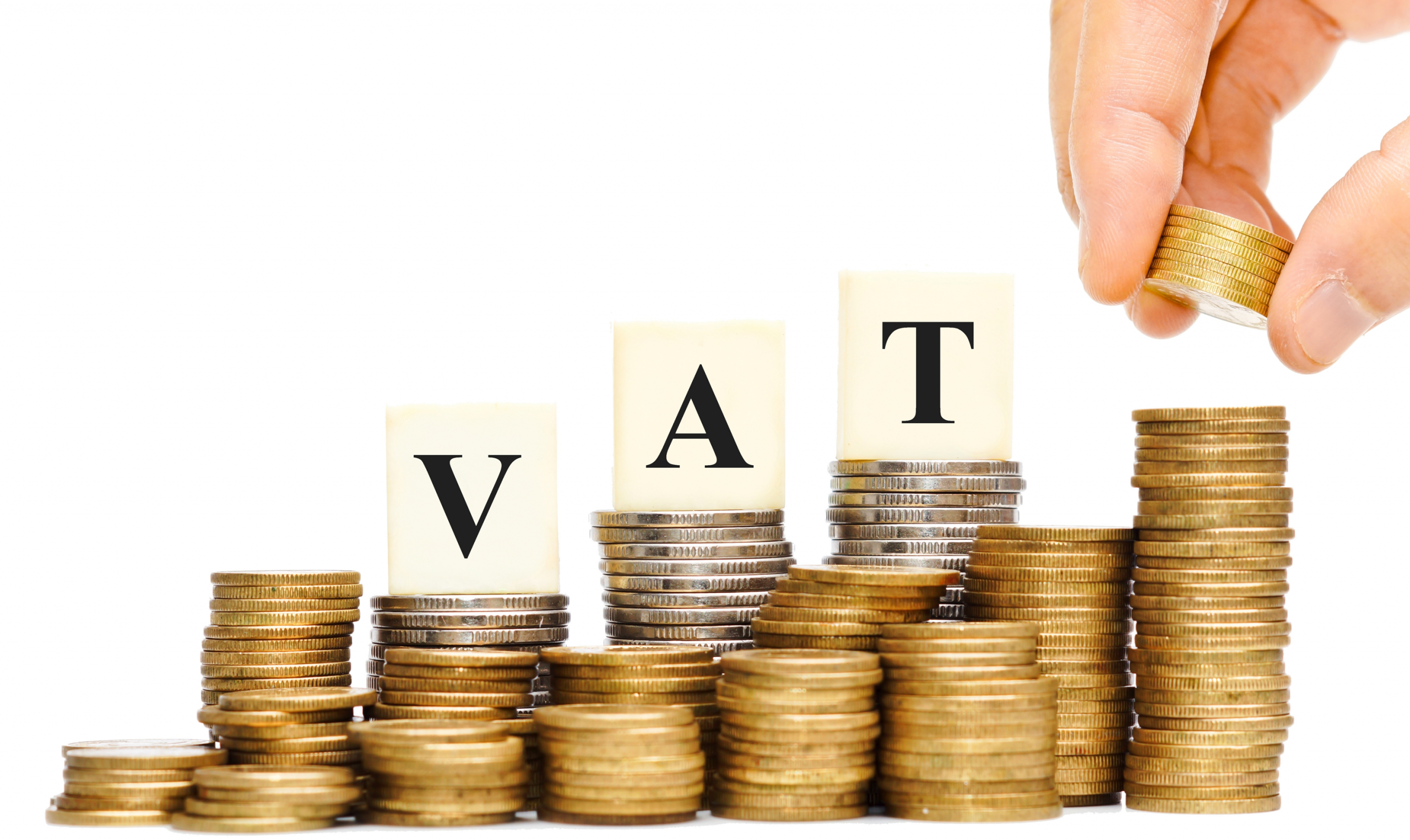Misappropriation of funds and corruption are the titles used to describe the Nigerian government both by its citizens at home and those abroad. The institution ran by political Godfathers and individuals who have held political offices for as long as possible has over the years become a burden to the country. Most often these leaders are caught on camera breaking the law or are arrested by various financial agencies for corruption but, it turns out that these perpetrators are released to roam free before long. With all these in place, we can piece together reasons why Nigerians are not so excited about the increase in VAT charges.
The Federal Government in Nigeria introduced the Strategic Revenue Growth Initiative to generate more revenue and fund national development program. As part of the initiative, the government is to increase Value Added Tax (VAT) by 50%. This implies that instead of the current 5% VAT would increase to 7.5%. The main purpose of this is to enable the government to sponsor the increment in the minimum wage to N30,000. Although this initiative is to lead to an increase in revenue by the government, the reality is that it would have an adverse effect on it.
The increase would lead to an additional annual generation of N450 billion annually (all things being equal). Because of the increase in the VAT rate, there would be an effect of consumption and VAT compliance. The effect of both would affect the expected revenue.
According to Taiwo Oyedele, the head of tax and corporate Advisory Service at PwC Nigeria “Contemplating an increase in VAT rate now is bad timing and inconsistent with current economic reality. The VAT increase will lead to higher inflation, interest rate hike, more unemployment and generally make people poorer. Any increase in VAT rate without a registration threshold and zero-rating of basic consumption will increase the burden on the poor and SMEs contrary to the 2017 National Tax Policy. Trying to expand the VAT net while also increasing the VAT rate at the same time is a faulty tax strategy. Nigeria can make twice as much from VAT at the current rate by reforming the law, expanding the net and ensuring robust administration rather than by increasing rate.”
READ ALSO: Court Issues 24-hour Ultimatum On DSS, Must Release Sowore, Bakare
Any increase in indirect taxes affects the price of goods and services. This, in turn, would affect the country’s inflation rate. The increase in VAT rates would lead to an increase in inflation, coupled with the increase already faced by border closure, the economy would not be able to survive it.
According to CSL stockbrokers review on the proposed increase in VAT, the plan by the federal government to finance the increment in the wage burden through tax increment would force companies to raise prices significantly, ultimately placing the incidence of the tax increment on the consumers. This increase of prize would defeat the purpose of an increase in the minimum wage which is to improve the purchasing power of consumers. Companies who cannot increase the price of their goods would end up laying off workers to meet up with new demands. This would lead to an increase in unemployment which is at 23.1% presently.
The revenue gotten from VAT is shared 15% to the Federal Government, 50% to States and 35% to LGs net of 4% cost of collection to FIRS. This means an increase in VAT would lead to an increase in the money this various arms of government get. The Nigerian government is largely known for its corrupt nature and, giving them more money only creates another avenue for them to embezzle funds. We can see from loans collected from the World Bank, China and other countries, which has placed Nigeria largely in debt that our government officials do not appropriate and use funds wisely.
The Nigerian government can generate more revenue by expanding the tax net rather than increasing the rate. With a proper administrative structure in place to ensure the compliance of organizations and citizens there would be no need for an increase in the rate. Also, proper investments in infrastructures could, in the long run, bring about an increase in revenue for the government. Also, a reduction in its expenditures and clamping down on corruption would go a long way in making sure funds are available and maximized accordingly.



Leave a Reply